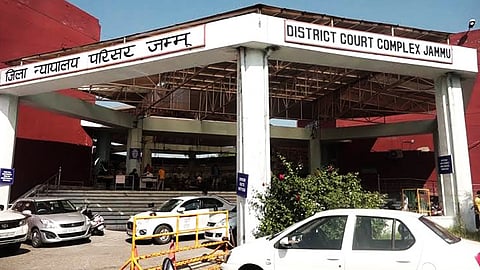
- News
- Columns
- Interviews
- Law Firms
- Apprentice Lawyer
- Legal Jobs
- हिंदी
- ಕನ್ನಡ

A Jammu & Kashmir court recently observed that it cannot interfere with the democratic process laid down in the Panchayati Raj Rules and stop the democratic process to decide the fate of any elected authority (Tarsame Kumar v. Secretary, Block Development Council).